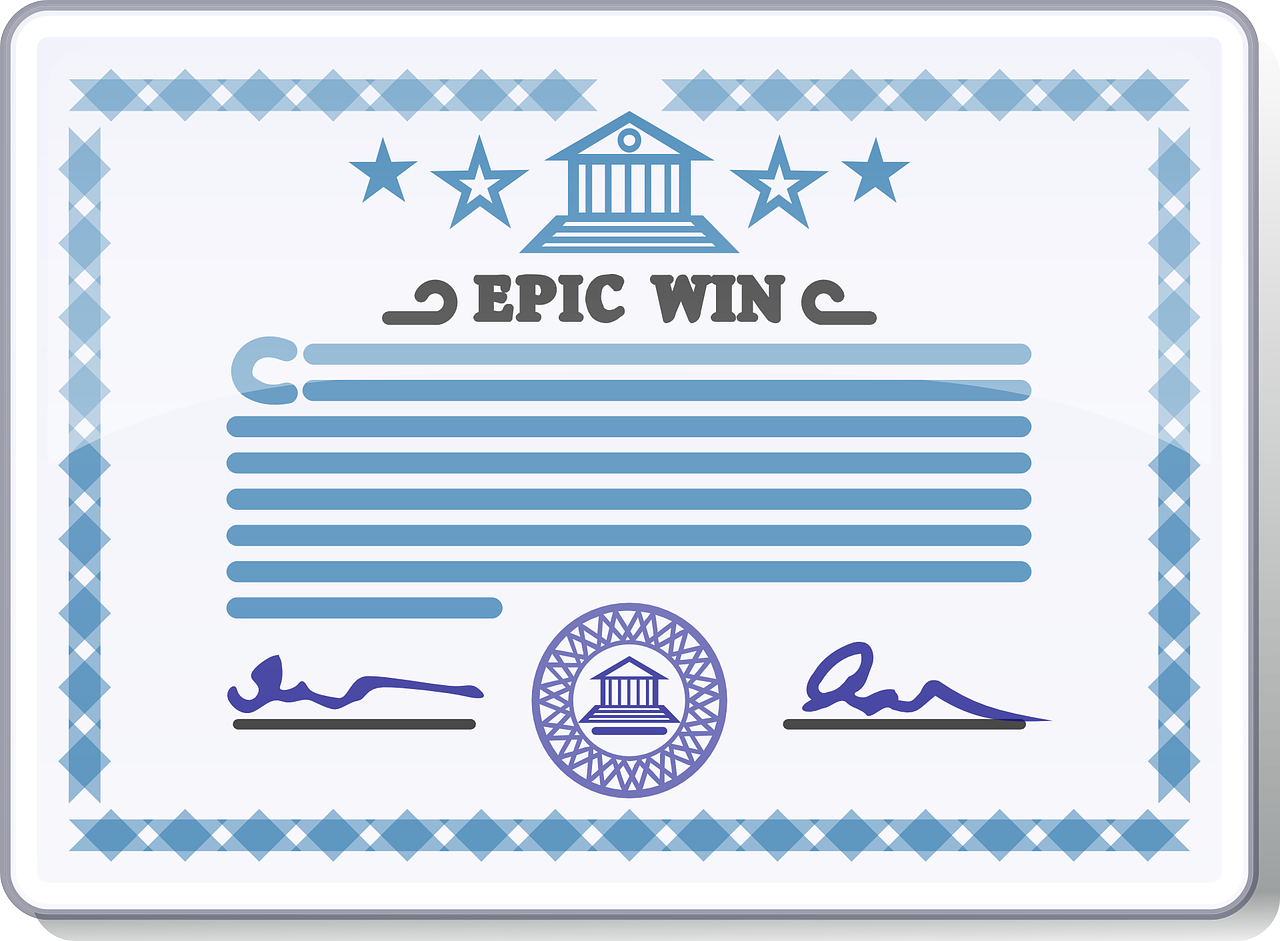Whether you’re hiring employees or outsourcing individuals, it could be important to look into qualifications. Such qualifications could include everything from forklift certification to a degree in accounting.
Formal qualifications are a good indicator that someone has the knowledge to carry out a certain task – but you don’t always have to hire someone with these qualifications. There could be cases where someone is clearly competent in a task, but has no formal qualifications, such a craftsman or a salesman. Such a person may have gained their skills through self-teaching, being trained by a family member or simply building experience by working at companies.
So when are qualifications actually necessary? There are times where formal qualifications are still definitely important when making a hiring decision. This post lists a few examples.
When it’s a legal requirement
The obvious time to hire someone with qualifications is when it’s a legal requirement. Such qualifications typically come in the form of licences.
For example, if you’re hiring an employee to drive a truck, then they need to have an HGV licence. It’s illegal for anyone to operate such vehicles if they are not licensed.
Similarly, if you’re paying an electrician to carry out some electrical work, they need to have an electrical licence. Anyone who practises electrical work as a profession needs an electrical licence.
When you want to guarantee top quality results
When you need top quality results, you need to be able to trust that the person you’re hiring is truly a pro.The best way to guarantee this could be to make sure that they have qualifications. Certain types of certification can prove that a person’s work has had to meet certain standards.
For example, when you need some top quality welding done, it could be worth looking into a coded welder. While coded welding certification is not a legal requirement to practise welding, it can prove that a welder has met certain professional standards that make them more than an amateur.
The same can be said when outsourcing a chartered accountant. Not all accountants have to be chartered to do trade, however those that are chartered will have had to have met certain standards in an assessment, making them better suited for accounting tasks that need to be done to a high quality.
When you want to put clients at ease
When hiring someone to work on your team or outsourcing someone to work on a project, you should consider the expectations of the client. There could be times when it’s important to win over the trust of a client – hiring people who have qualifications is one way to show that you only work with the best.
For example, when carrying out a construction job, clients may feel more at ease when hiring a roofer who is certified or a member of trade associations. Such qualifications aren’t necessary to become a roofer, but can prove to a client that a roofer has met certain standards in an assessment.
When you want to give someone with little experience a chance
Experience can be a good substitute for qualifications – someone may be able to prove that they can get top quality results through evidence of previous work. However, not everyone is going to have experience. Some younger people trying to get into trades may need to build this experience. In order to obtain this experience, employers need to take a chance on them. But how can you trust they’ll be competent enough?
Qualifications can show that someone is knowledgeable and passionate. If you want to hire someone young but you also want to guarantee that they’ll be competent, looking for someone with a qualification is a good idea. An example could include hiring someone with a digital marketing degree to work on your team in marketing. Their youth could be advantageous to such a role and the qualification could prove that they have a good grasp of digital marketing, even if they have no experience.

